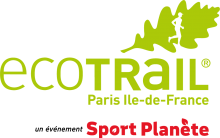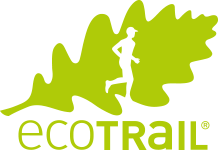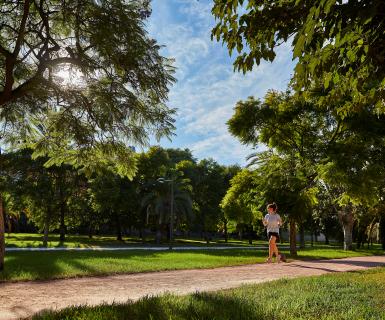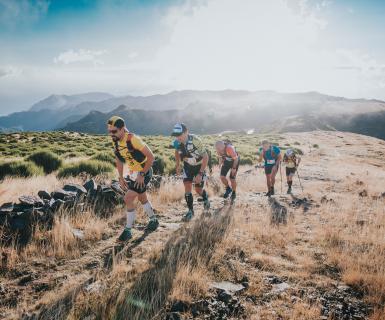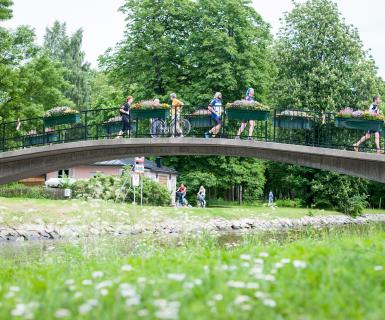A collaboration: EcoTrail Paris and Le Chaînon Manquant
What is Le Chaînon Manquant ?

Le Chaînon Manquant is a French association fighting against food waste by “collecting good quality food leftovers from the professional industry and redistributing them to those who need it the most.” This association acts as the middleman in order to collect unsold food and redistribute it to various charities within a short period of time.
Le Chaînon Manquant’s actions help reduce food waste but they also help the poorest and raise awareness among caterers to involve them in the fight against food waste.
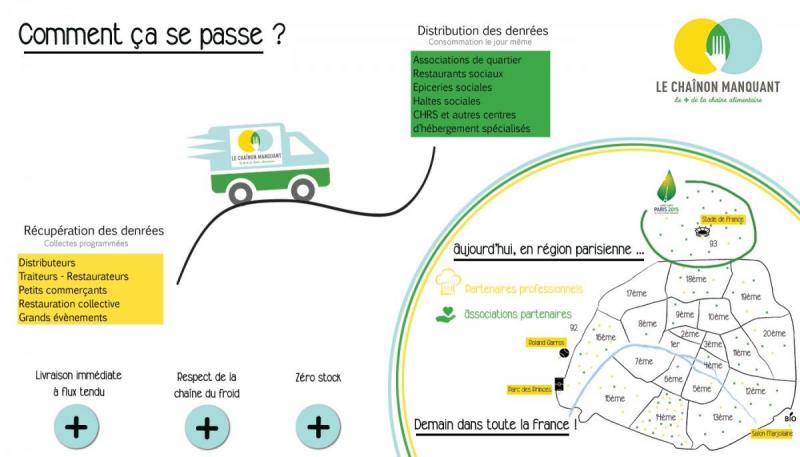
Why collaborate with this association ?
EcoTrail Paris constantly strives to offer a sporting event gravitating around the concept of eco-responsibility. Proper food management as well as waste minimization is essential, including at refreshment points.
Our collaboration with Le Chaînon Manquant will allow us to redistribute food leftovers at the end of the event. Furthermore, Le Chaînon Manquant always operates within a short period of time for a reliable management of the cold chain. That aspect is essential for us since 76% of the products used at refreshment points are organic, local and seasonal products (in compliance with the GESI charter); therefore, preserving their quality is crucial.
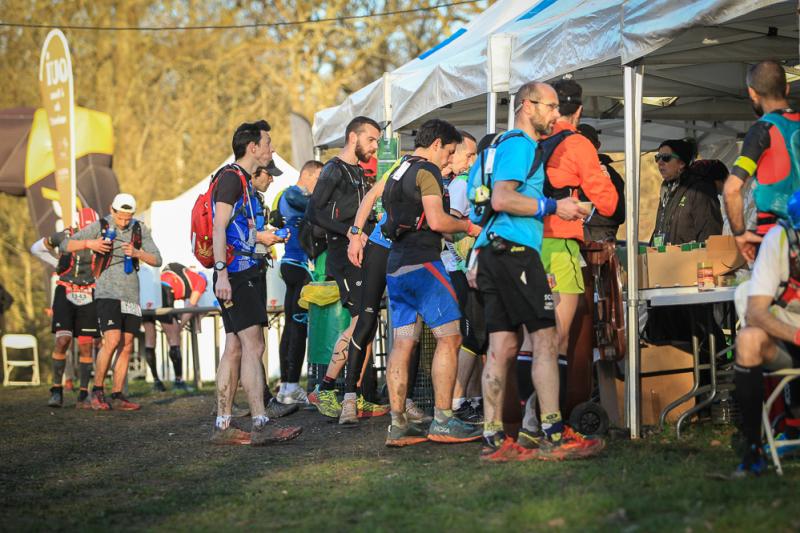
980 meals distributed to charities
In 2019, 491kg (1082lbs) of various products have been collected and redistributed to Le Chaînon Manquant’s beneficiaries. It’s the equivalent of 980 meals!
Regarding food purchase management, it is a noticeable decrease from the 736kg (1622lbs) collected in 2018.
2020 objectives
For the 13th edition of the EcoTrail Paris, we want to maintain our waste minimization and food recycling actions.
As stated before, the products available at refreshment points are organic, local and seasonal products for the most part.
Be that as it may, we are increasingly concerned about the use of some products, such as bananas and oranges. They require long distance transportation, resulting in serious greenhouse gas emissions that impact the environment.
Do we absolutely need to offer bananas and oranges at refreshment points?
Are there alternatives we could go for?
Can we change the consumption behavior of athletes and modify their eating habits?
These are the questions we need to ask ourselves in order to build or 2020 food strategy.
